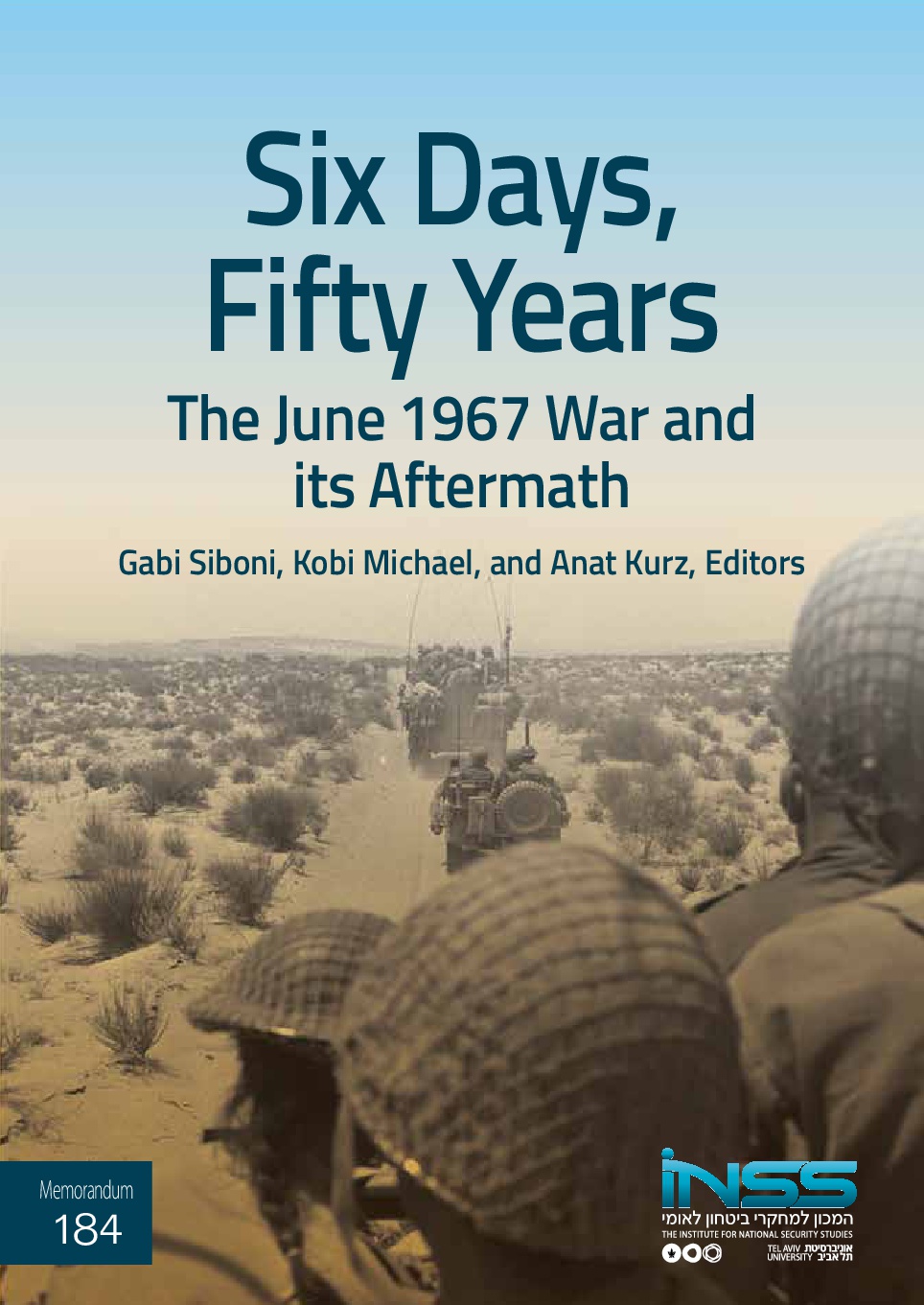Publications
Tel Aviv: The Institute for National Security Studies, 2018

The Soldiers’ Talk and the Movement for Greater Israel were both born during the period following the Six Day War. Even when examined in their early stages of development, both illustrate the different viewpoints of the Israeli-Palestinian conflict that have existed from then until today. In order to support this claim, this essay compares the characteristics of the discourse represented by these two opposing pillars, which originated during the shock of the 1967 victory. This is done by analyzing texts that appeared immediately after the war in response to the way the war ended. Such a comparison between Soldiers’ Talk and the Movement for Greater Israel has not yet been carried out, and it will depict the beginning of a process of significant and far-reaching change in Israeli society, particularly within the Labor movement and religious Zionism. Prior to the Six Day War, fundamental disagreements about the character of the State of Israel and its relations with its neighbors were marginalized and, for the most part, remained only theoretical in nature. However, the decisive victory of the war, as well as the resulting territorial and demographic expansion, forced Israeli society to face complex issues. The various responses to these issues reshaped the political movements in Israel, and over time they dichotomously divided most of Zionist society.


